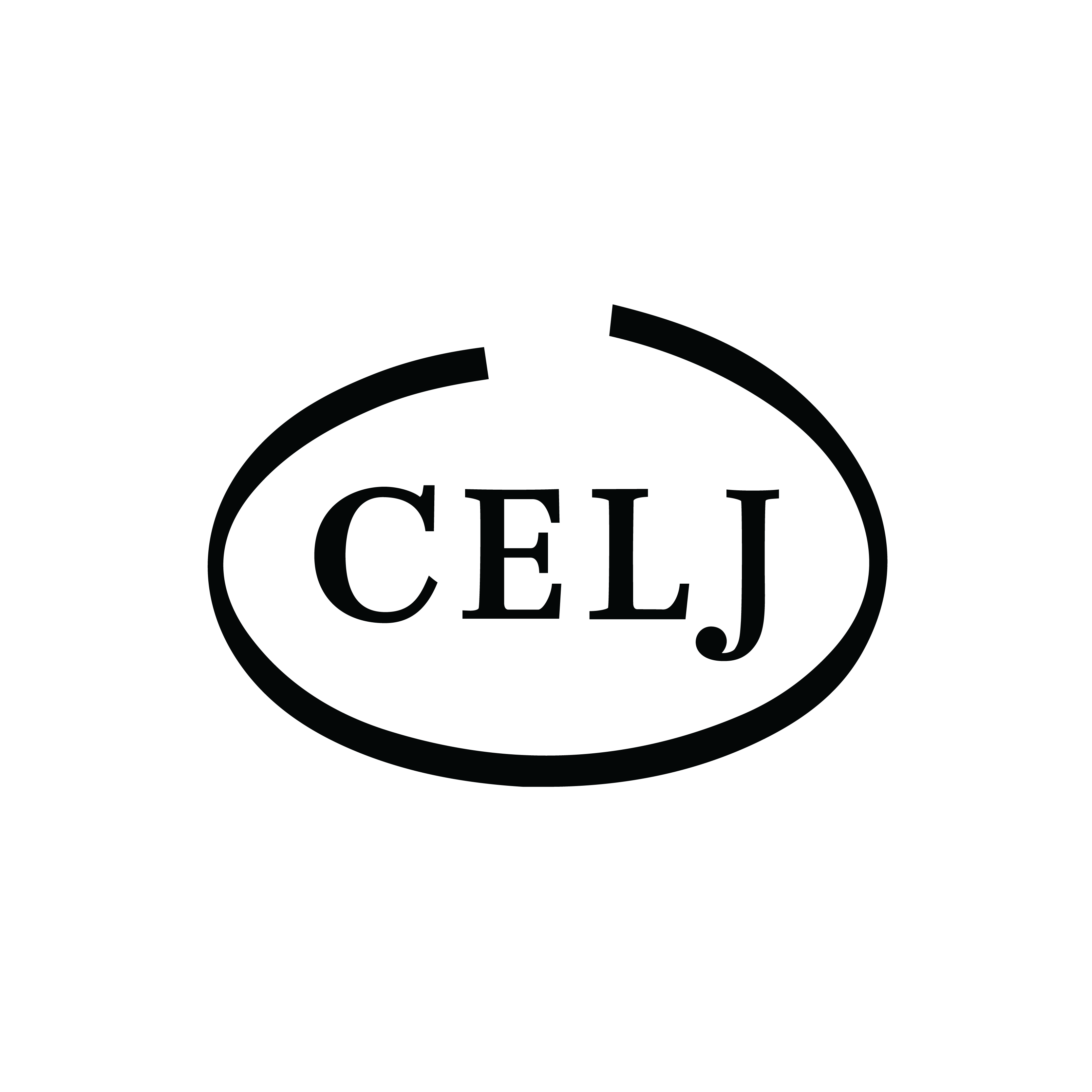In This Issue
Michael J. Faris, Co-Editor
We're excited for this issue, which contains 15 webtexts across five sections, showcasing a variety of research, teaching, and theory in the field. We have two Topoi webtexts in this issue. In the first, "A Scyborg Composition Course," José Luis Cano Jr. uses digital mapping tools to explore relationships between land, language, and composition. Using data from the American Community Survey, Cano juxtaposes langauge practices with normative composition course learning outcomes to help "demonstrate current learning outcomes' role in excluding languages and dialects beyond [white mainstream English]." In the second Topoi webtext, "The Rhetoric of Description: Embodiment, Power, and Playfulness in Representations of the Visual," Margaret Price and Erin Kathleen Bahl explore the use of audio description for making digital texts accessible. Their discussion uses an example from folklore to explore the social, technical, and rhetorical aspects of using audio description for accessibility purposes.
The themes of justice, inclusion, and accessibility continue in this issue's Praxis section. In "Great Power, Great Responsibility: Accessible Pedagogy for Teaching Comics," Amanda Athon shares theory and classroom practices for making comics—a visual medium that is not traditionally accessible to blind and low-vision readers—accessible through audio descriptions and textual image descriptions. In "Fostering Community through Metacognitive Reflection in Online Technical Communication Courses," Julianne Newmark and Tiffany Bourelle share how they approach teaching multimodal composition with a specific attention to the canon of Memory in their online technical communciation courses. Newmark and Bourelle show how focusing on metacognitive reflection and community-building in their courses can support the pedagogical goal of helping students "develop the interpretive and practical skills required to lead in . . . communities as thoughtful integrators of multiple communication modalities, designed conscientiously to connect to multiple populations of co-workers, local community neighbors, and remote social network members."
We also have two exciting Disputatio webtexts in this issue. In Performing Rhetorical Attunement: Roughing the Scale," Julie Amick Cook shares a wonderfully produced video that explores her own positionality as a non-tenure-line teacher, researcher, mentor, facilitator, fellow, student, and consultant in relationship to disciplinary, institutional, and programmatic norms and expectations. Stephen J. Quigley, in "Basic Coding," argues for teaching coding in writing classes and shares Open Fuego, a tool and website he created to support basic coding literacy. In the Interviews section, Lee Skallerup Bessette shares a "self-interview" in "Moving In and Out of Time." In this exploratory and experimental webtext, created with Twine, Bessette explores her experiences writing with ADHD. In the vein of Twine games, Bessette's webtext is nonlinear and invites readers to explore and navigate it through a sort of "choose your own adventure" experience.
We have five webtexts in this issue's PraxisWiki section. In "Classroom Netprov: A Walkthrough of Electronic Literature Support Group for Teachers," Hannah Ackermans shares the process of teaching a netprov in her electronic literature course. As she explains, netprov is "networked, improvised storytelling in available media," or a participatory event (or genre, rather than a platform, medium, or single text). In this case, Ackermans designed a netprov for her class in which students "each had to personify a work of electronic literature of their choice." In "Googling Writing: Google Docs, Draftback, and Researching and Responding to Students’ Writing Process," Roger Powell shares experiences with Google Chrome Draftback Web Extension, which "captur[es] students' writing processes through a screen capture, developing a video from the start to finish of a project, generating procedural data of the individual's writing processes, and keeping a document history." Powell used Draftback in ways that helped students attend to and reflect on their own writing processes and that helped him provide feedback on students' writing processes. Gwendolynne Reid and Sarah McKee's "A Genre Analysis Workshop for Faculty Writing Digital Monographs" shares a Mellon grant-supported workshop at Emory University provided to faculty across the curriculum that supported those faculty in analyzing the rhetorical genre features of monographs in their fields so that they could consequently plan and develop their own digital monographs—especially for how those digital monographs could innovate in terms of genre conventions.
In "'Hello, Is This the Writing Center?': Illicit Paper Mill Activity and the Compromised Recomposition of College and University Websites," Jim Ridolfo, William Hart-Davidson, and Chris Lindgren report on how paper mill bots use college and university websites' vulnerabilities to infiltrated the websites, often creating redirects or replacing university content with paper mill content. Ridolfo and his coauthors identify different types of attacks by these paper mill bots and provide recommendations for what readers and institutions can do to respond to and prevent these illicit activities. In "Canadian Mixtape: Sounding Out Digital Authoring Practices with Undergraduate Writer/Designers," Rich Shivener shares his approach to a sonic essay in his Intermediate Digital Authoring class. Students were asked to create a 3–5-minute audio essay exploring one of their digital authoring processes, "to do some recording, arranging, and thick listening to the signal and noise of their digital authoring practices as aspiring professional writers." Shivener's seven student coauthors also share their audio essays and their written rationales.
This issue also includes four Reviews: Kimberly Groves reviews Angela M. Haas and Michelle F. Eble's edited collection Key Theoretical Frameworks: Teaching Technical Communication in the Twenty-First Century; Keaton Lamle reviews John R. Gallagher and Dànielle Nicole DeVoss's collection Explanation Points: Publishing in Rhetoric and Composition; Jonathan Marine reviews Jared S. Colton and Steve Holmes's Rhetoric, Technology, and the Virtues; and Bailey Poland reviews Jessica Reyman and Derek M. Sparby's collection Digital Ethics: Rhetoric and Responsibility in Online Aggression.

